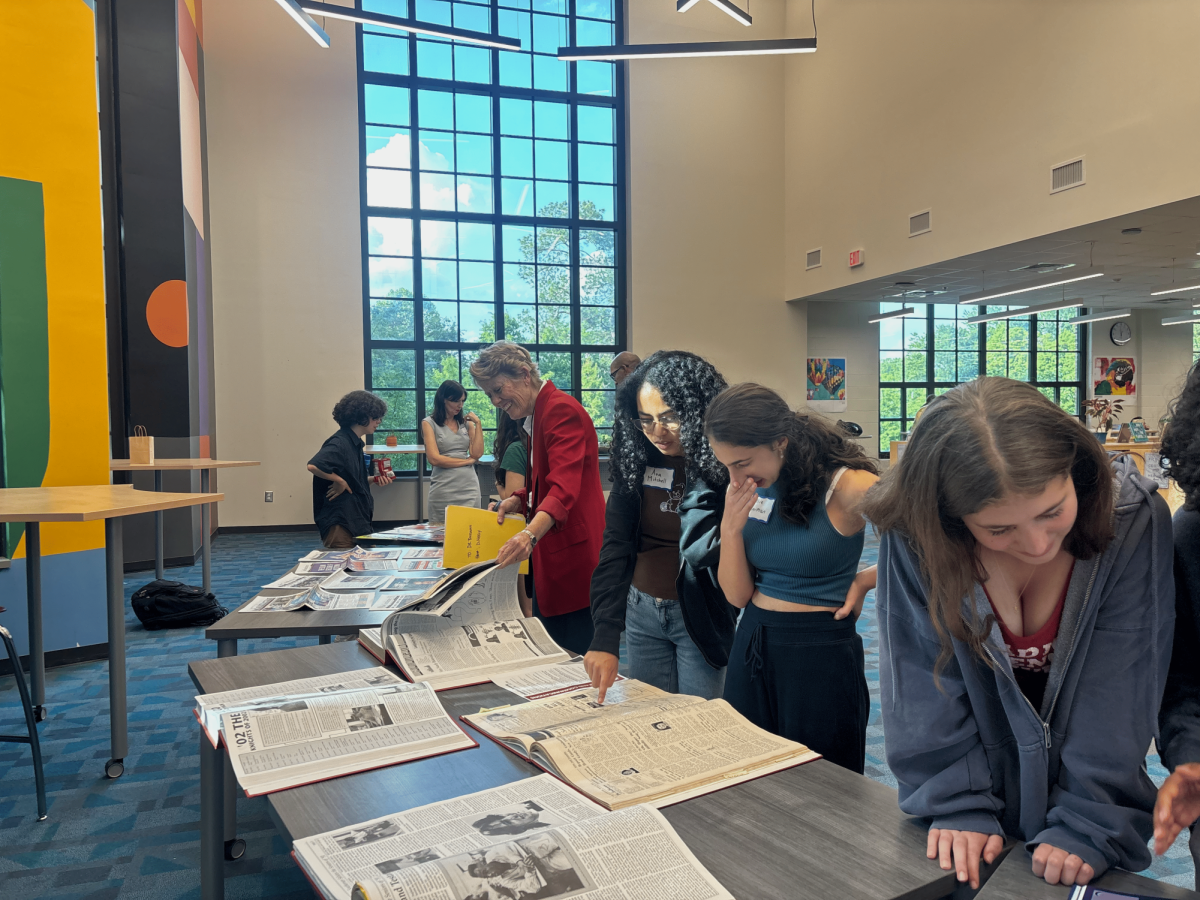BY GRACE POWER
Anyone who resides in Atlanta knows that traffic comes with the territory. We accept it as a natural occurrence, similar to the way people in Seattle accept rain. Recently, a transportation referendum proposed by Georgia’s transportation department was summarily rejected by nine out of the 12 regions polled in Georgia. The Transportation special purpose local-option sales tax, also known as T-SPLOST, attempted to ameliorate the major problem that anyone who’s ever driven in Atlanta realizes and fears: that there is by far too much traffic in this region. This referendum’s goal was to invest in transportation systems around Georgia using revenues earned by implementing a 1 percent sales tax.
Unfortunately, this referendum failed, and Atlanta will still be left with an antiquated transportation system in desperate need of change. If this referendum had passed, Atlanta’s transportation infrastructure could have experienced a much-needed face lift that could have brought jobs and environmentally friendly opportunities for its citizens.
Atlanta is long overdue for an expansion of our transportation system. Georgia is ranked second to last in per capita transportation spending in the United States, according to the National Conference of State Legislatures, and while T-SPLOST would have been Georgia’s largest infrastructure expenditure in the history of Georgia, it would be a justified expense. For the capital of Georgia and one of the top 50 largest cities in America, Atlanta’s transportation situation is bleak. Although our rapid transport system MARTA is very popular for Atlanta residents, it’s only ranked eighth in the nation for average weekly ridership, according to the American Public Transportation Association’s Public Transportation Ridership Report. MARTA has only 48.1 miles of rail while the New York Subway, ranked first in the United States, has 230 miles of track. Comparing maps of MARTA to maps of other railways in cities such as New York and Los Angeles is a sad sight. The sprawling constellations of rail lines in other cities wildly overshadow our sad “X” of trains. We need to expand our public transportation instead of letting it collapse into oblivion.
Expanding our public transportation would have been expensive, but it would have been money well spent. The money raised in taxes would have furthered two important causes, creating jobs and protecting the environment, on top of its main goal of enhancing the infrastructure. Construction firms would have received business when building the new roadways, public transport systems and other projects. This capital investment would have put more money into the pockets of construction workers, urban planners, civil engineers and more, thus boosting spending and improving our local economy. This kick start would have not only influenced the job market, but it also would have brought more public transportation to Atlanta. The expansion of transportation options would have made riding public transportation more convenient for many Atlantans, thus encouraging people to choose MARTA over driving their cars to get around the city. I know that I would ride MARTA if it was more expansive. The bus that goes from Grady to Candler Park was cancelled about two years ago, but I can think of many occasions where I would have been more than willing to pay $2.50 for a ride home. With more people riding trains and buses powered by natural gas to work, there would be fewer cars on the road. This would decrease traffic and lessen the amount of harmful pollutants in our city.
The added $1.6 billion to Georgia’s transportation budget would have been a good investment in our state by improving infrastructure, creating jobs and helping our environment stay clean. I can only hope Atlanta gets another chance to drastically improve our city sooner rather than later.






